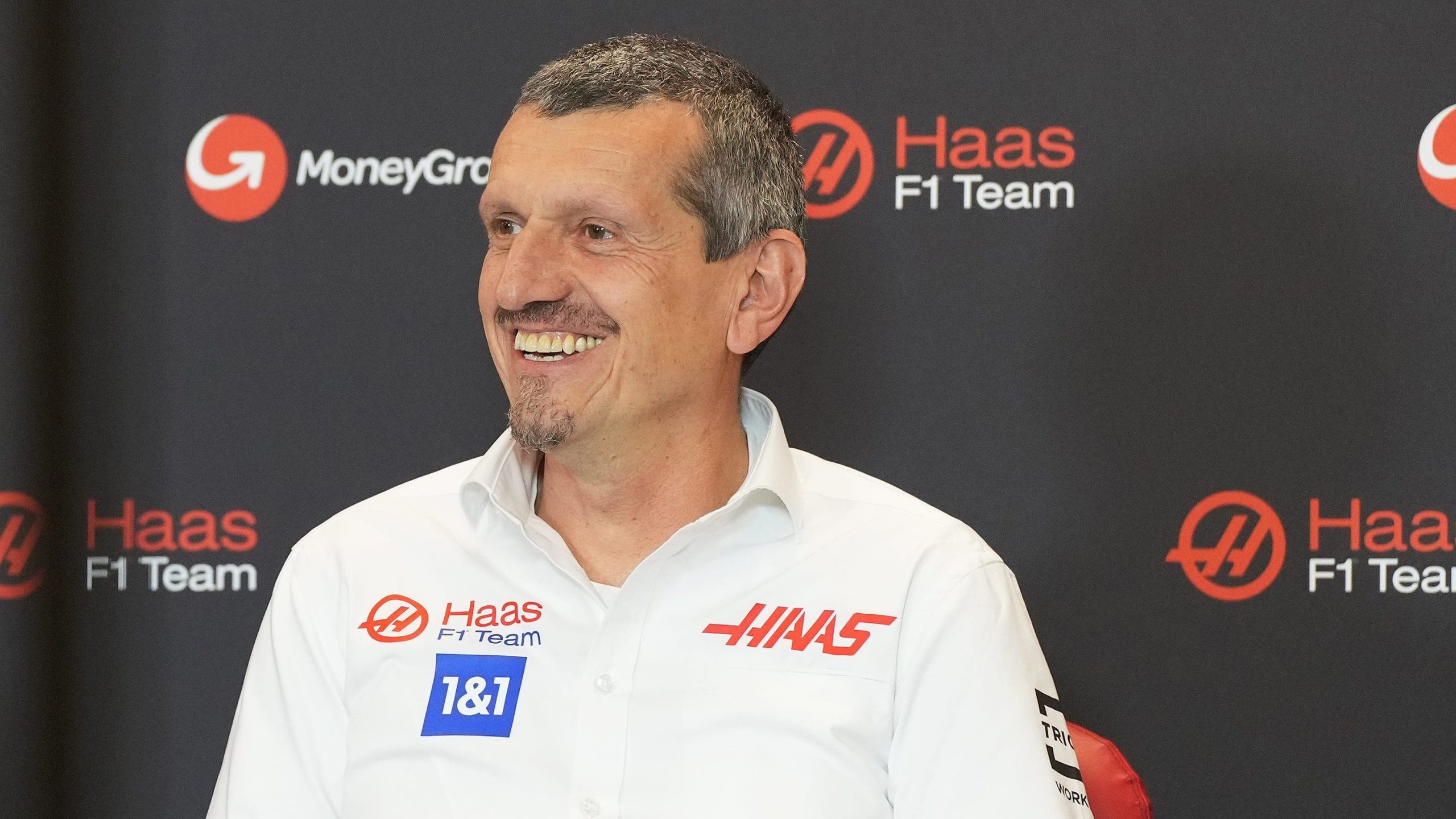Guenther Steiner, once on the receiving end of Toto Wolff’s criticism over Haas’ treatment of Mick Schumacher, now aims to emulate Wolff’s success by investing in Formula 1. Steiner, known for his blunt demeanor, expressed his desire to invest in a Formula 1 team, with Red Bull’s sister team being his primary interest. This ambition marks a significant shift for Steiner, who previously expressed frustration with merely participating in Formula 1 without the prospect of competitive success.
Toto Wolff, the influential figure behind the Mercedes-AMG Petronas Formula 1 team’s eight championships, owns a substantial stake in the team. Despite facing challenges within Mercedes, including Lewis Hamilton’s struggles with the car’s performance, Wolff remains committed to his role.
Hamilton’s disappointing start to the season has been a focal point, with the driver voicing concerns about the team’s developments. However, Wolff maintains an optimistic outlook, emphasizing the opportunities presented by upcoming races and the potential for improvement.

Reports suggest that Steiner has secured backing for his Formula 1 venture, with Red Bull’s sister team being a potential target for investment. Steiner’s desire to move beyond sporadic points-scoring and compete for victories reflects a shift in his aspirations within the sport. This ambition aligns with Wolff’s trajectory, which transformed Mercedes into a dominant force in Formula 1.
During the Japanese Grand Prix weekend, Steiner hinted at his potential comeback to team ownership, expressing a desire to pursue success rather than mere participation. This sentiment echoes Wolff’s approach, which has navigated challenges within Mercedes while maintaining a focus on long-term success. Despite facing criticism and setbacks, both Steiner and Wolff exhibit determination and resilience in pursuing their Formula 1 ambitions.
Wolff acknowledges the uncertainties surrounding upcoming races, citing changes to car regulations, tire compounds, and track surfaces. He views these challenges as opportunities for improvement and emphasizes the importance of making informed decisions amidst imperfect information. Wolff’s measured approach contrasts with Steiner’s more assertive style, but both share a commitment to achieving success in Formula 1.
As Steiner explores opportunities for investment in Formula 1, he follows in the footsteps of influential figures like Wolff, who have reshaped the sport through their vision and leadership. Despite the differences in their approaches, both Steiner and Wolff embody the determination and ambition required to succeed in the highly competitive world of Formula 1.
